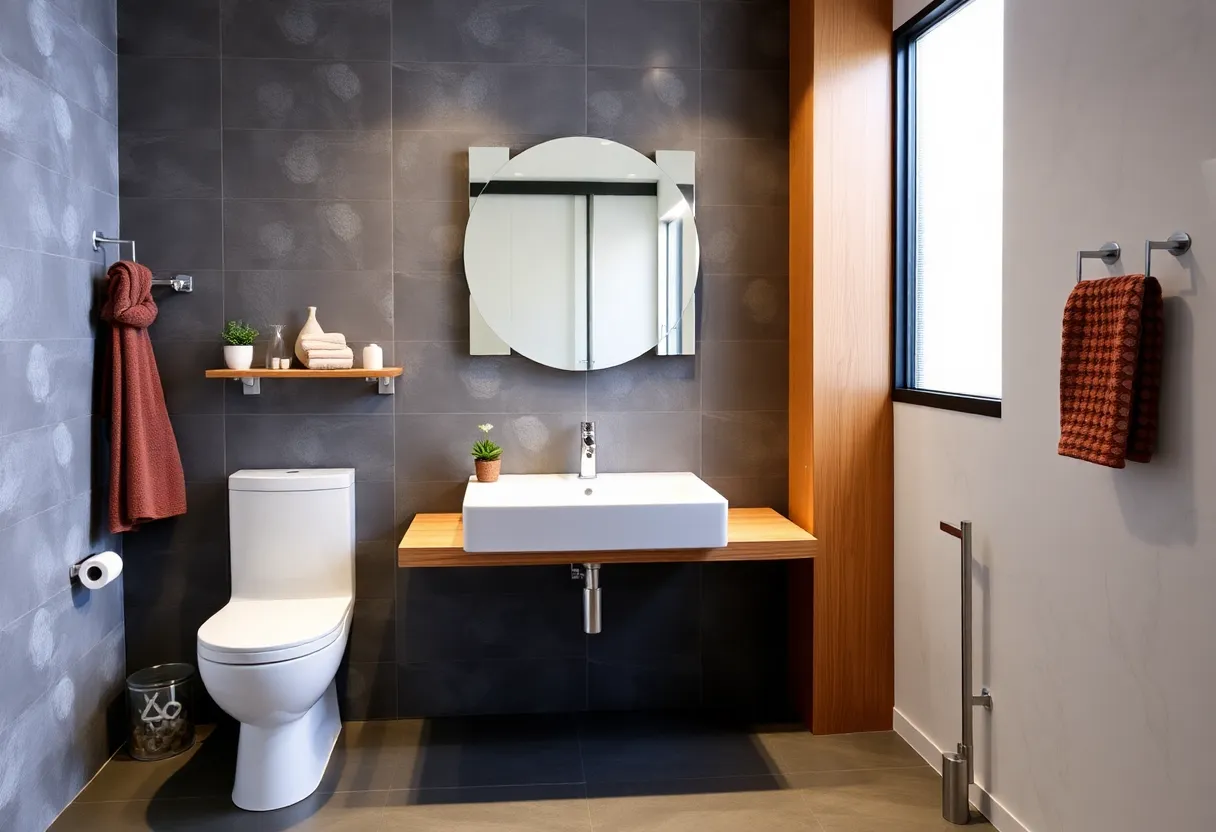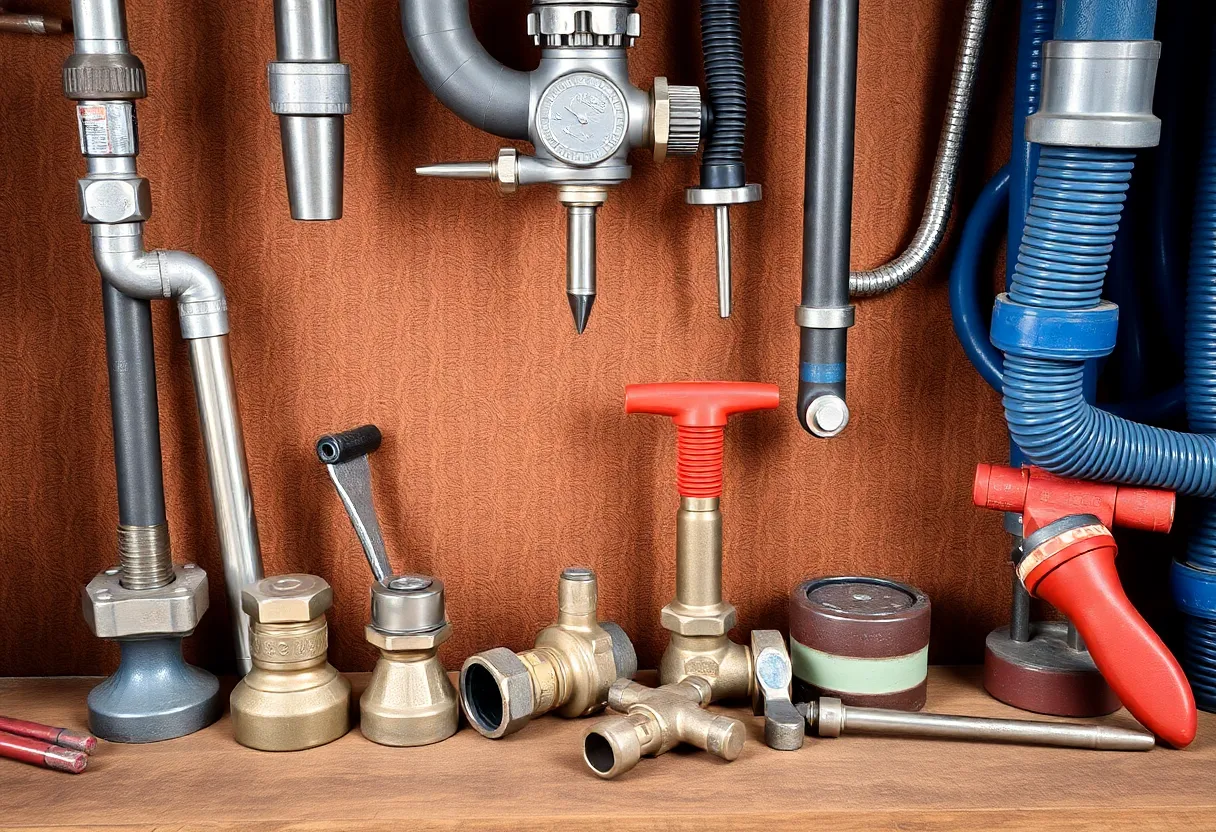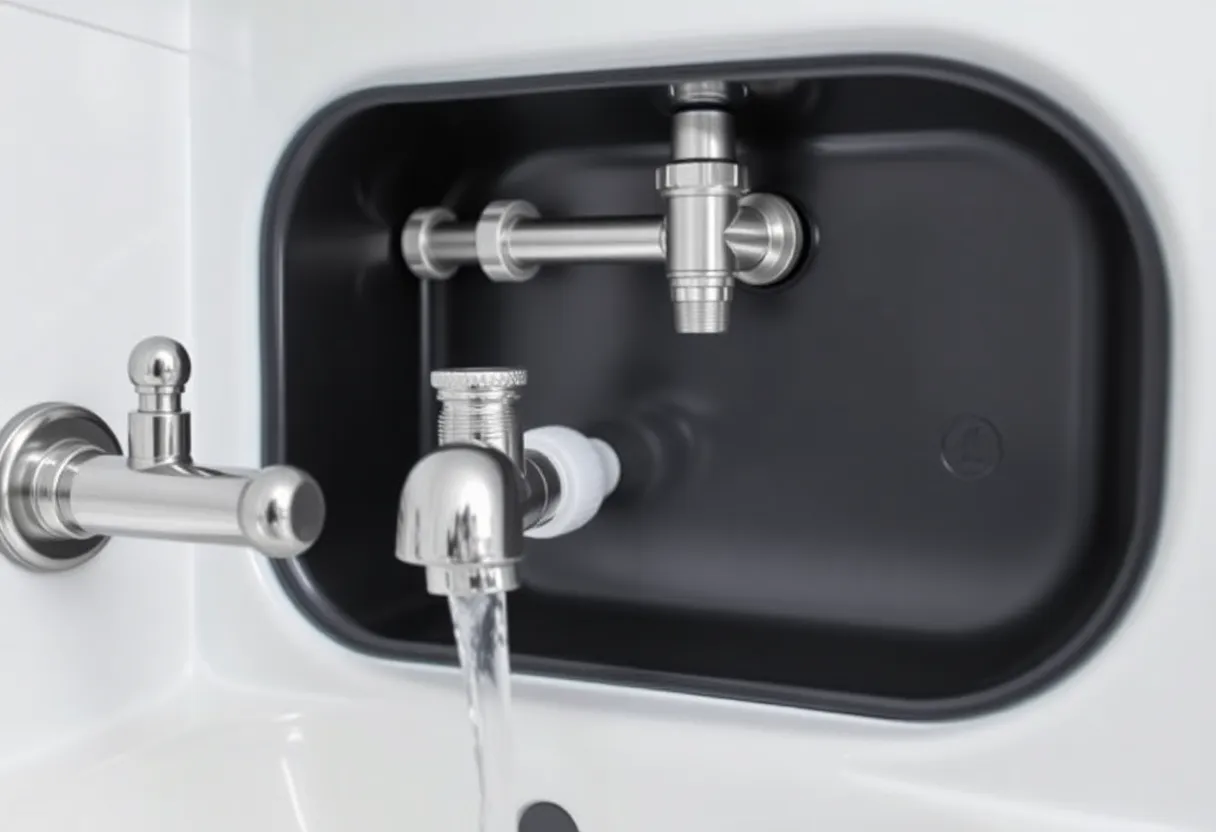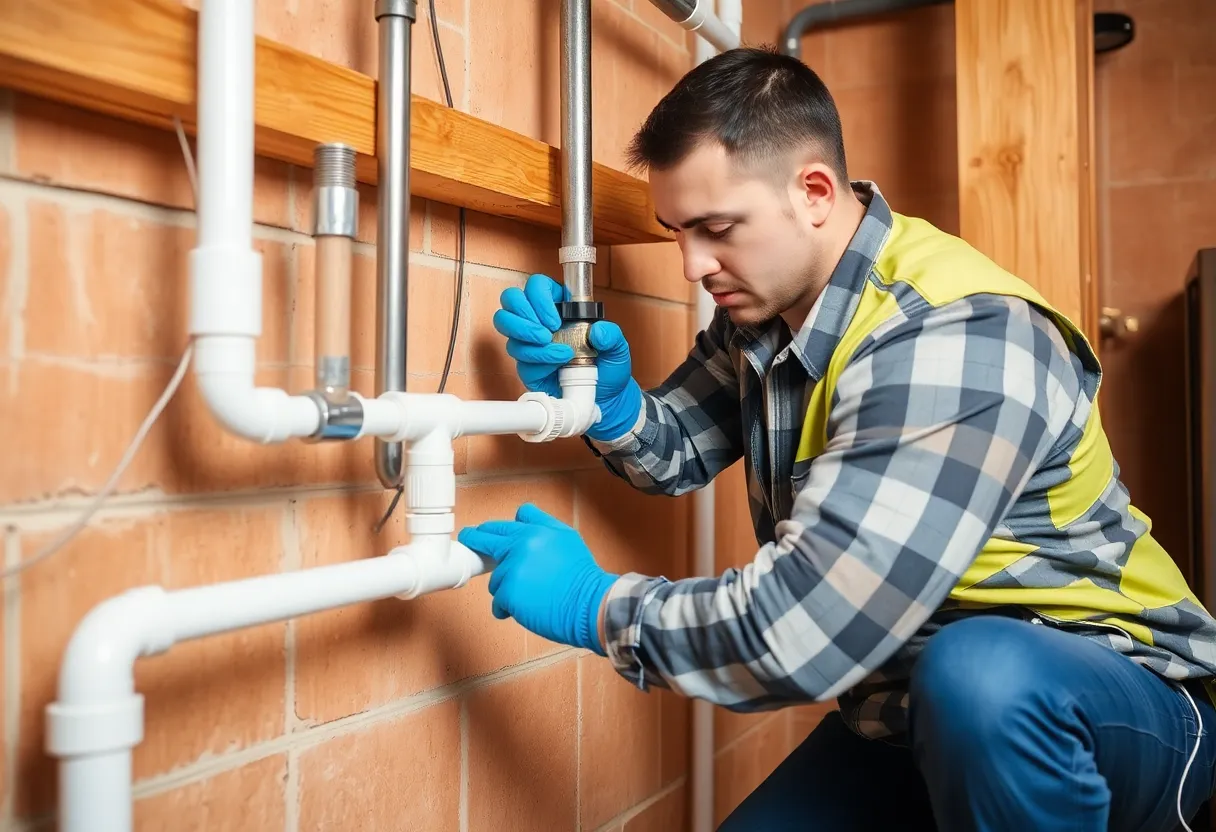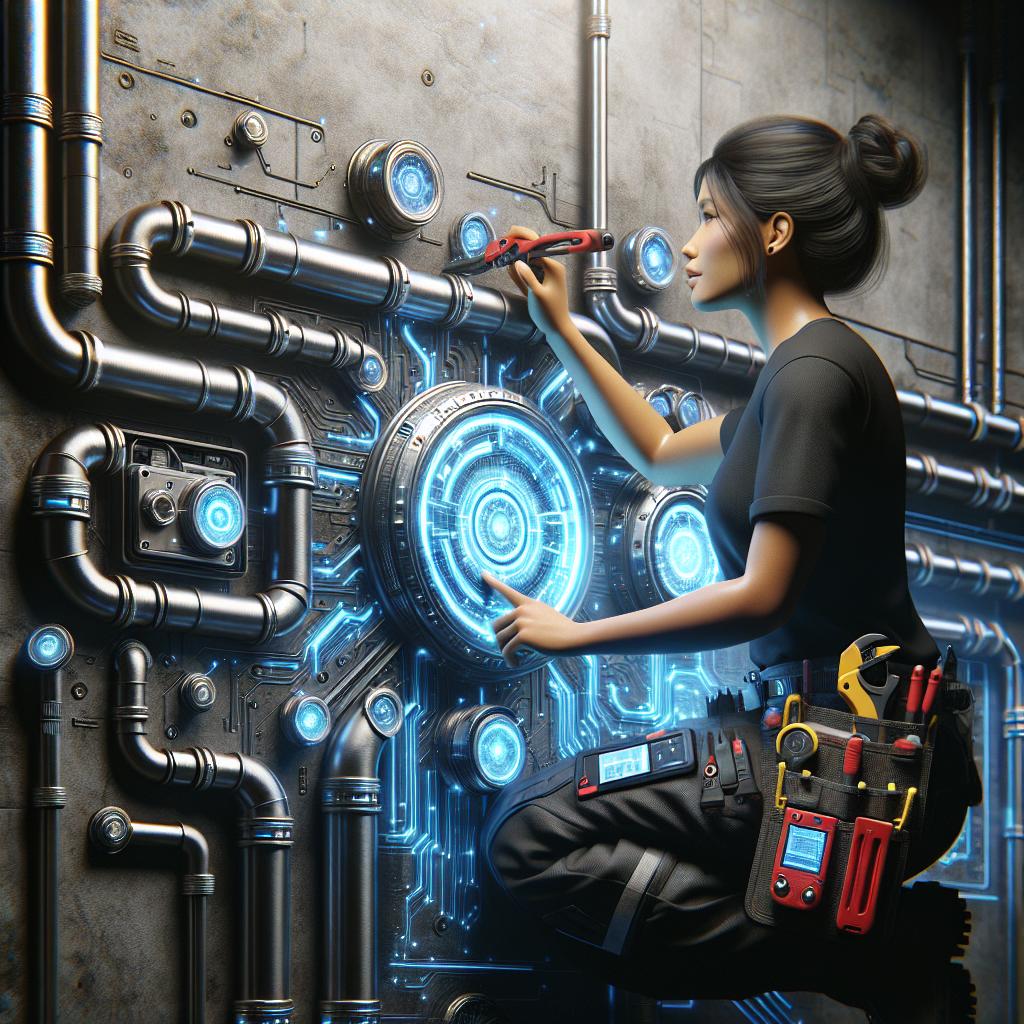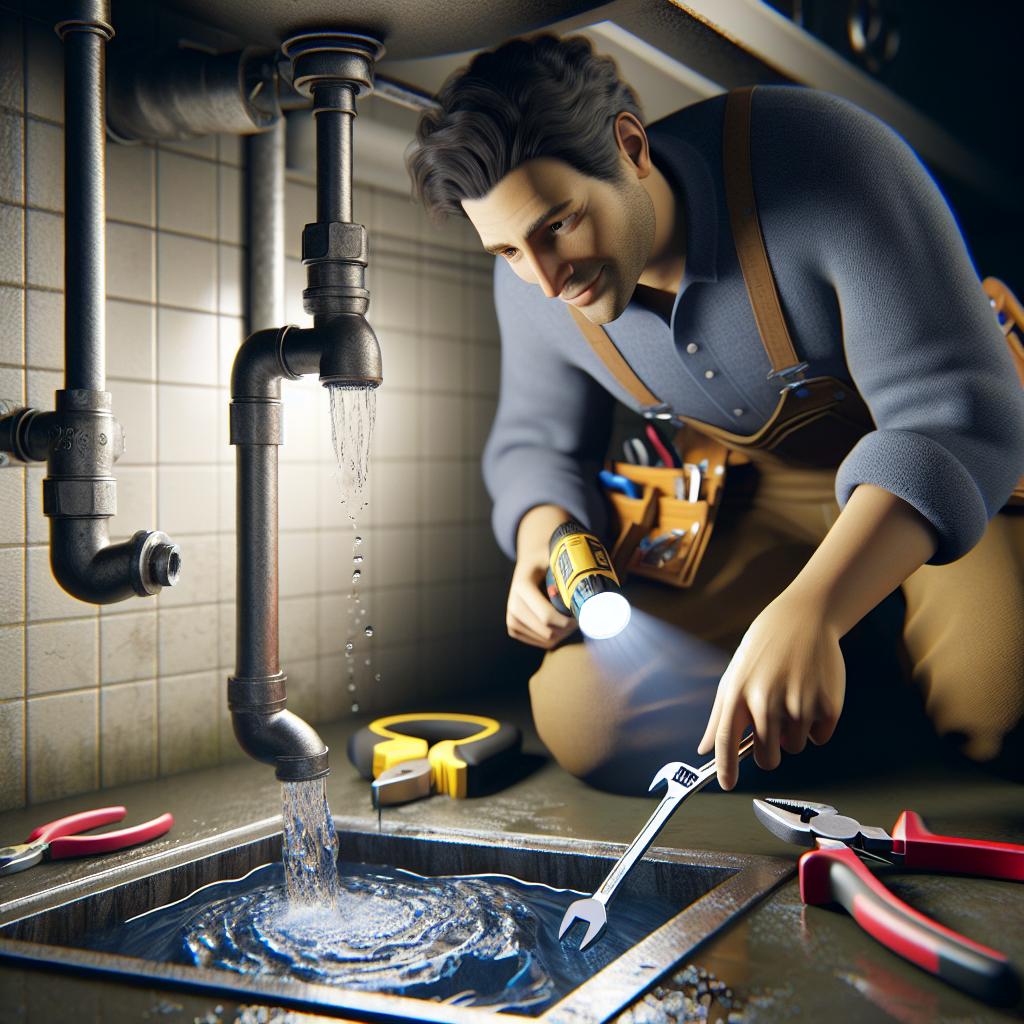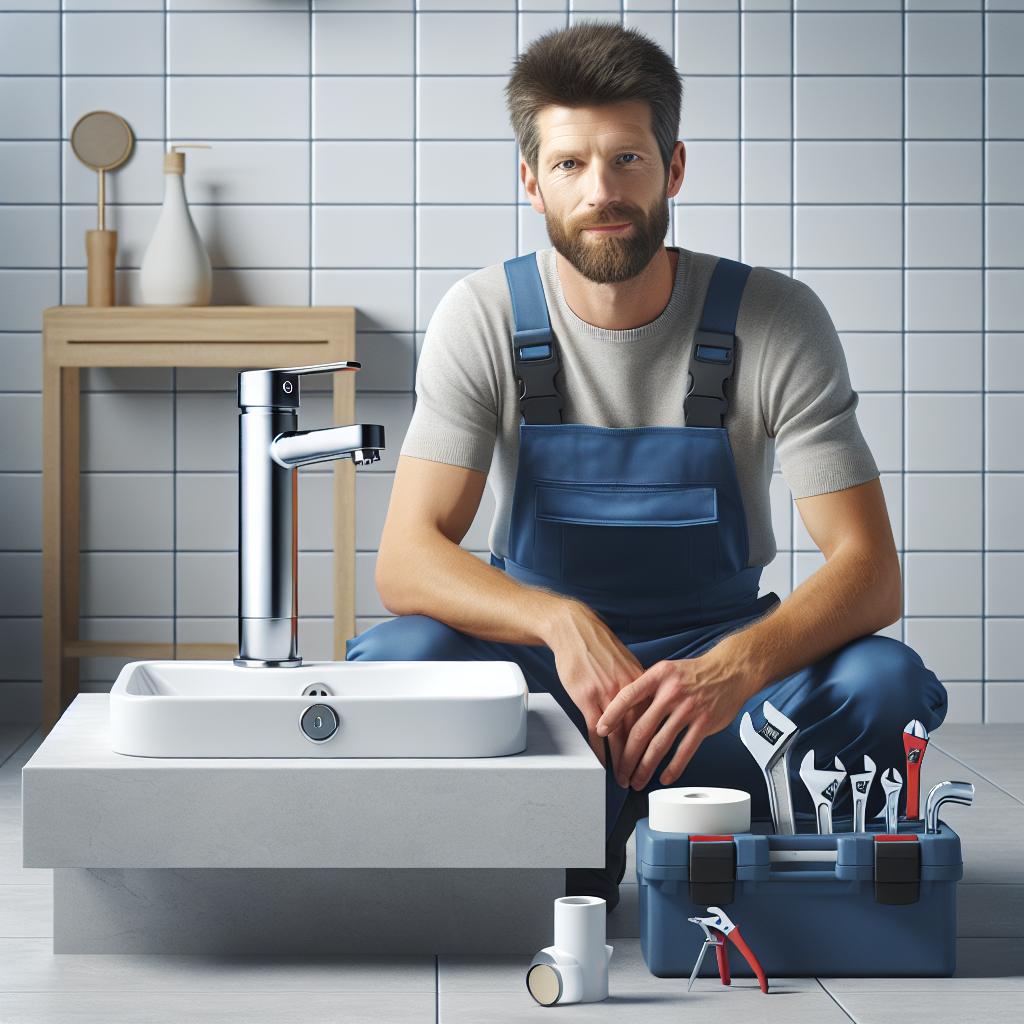Plumbing Trends 2024: 10 Innovations That Will Change How You Manage Water in Your Home
As the world continues to evolve, so too do the systems we rely on for comfort and convenience in our homes. Plumbing, an often-overlooked aspect of home maintenance, is undergoing a significant transformation. With advancements in technology, environmental awareness, and the quest for efficiency, the plumbing industry is poised for remarkable changes in 2024. In this article, we explore ten innovations that promise to revolutionize how you manage water in your home.
1. Smart Water Meters
Smart water meters are becoming increasingly prevalent in households across the globe. These devices provide real-time data on your water consumption, which can help identify leaks and wastage. By using smartphone applications, homeowners can monitor their water usage, set alerts for unusual spikes, and adjust their consumption habits accordingly.
The Benefits of Smart Water Meters
- Leak detection: Early notifications can prevent more significant plumbing issues and costly repairs.
- Water conservation: Understanding your water usage can promote smarter practices and reduce waste.
- Cost savings: Monitoring consumption can lead to lower water bills over time.
2. Advanced Pipework Materials
Traditional piping materials, such as copper and PVC, are being challenged by newer alternatives that offer enhanced durability and longevity. Innovations in pipework materials, including cross-linked polyethylene (PEX) and multilayer composite pipes, provide numerous advantages.
Advantages of Modern Piping Materials
- Flexibility: PEX pipes can be bent around corners, reducing the need for fittings.
- Corrosion resistance: New materials are less susceptible to corrosion and scale buildup.
- Temperature resistance: These materials excel in extreme conditions, making them suitable for various applications.
3. Water Filtration Systems
As concerns about water quality continue to rise, more homeowners are turning to advanced water filtration systems. These systems can be installed at various points in the plumbing network, providing clean water for drinking, cooking, and bathing.
Types of Water Filtration Systems
- Whole-house filters: Treat water at the point of entry, ensuring every tap delivers filtered water.
- Under-sink filters: Compact units that provide filtered water directly from the tap.
- Reverse osmosis systems: Utilize a semi-permeable membrane to remove contaminants, offering the highest level of water purification.
4. Greywater Recycling Systems
Another trend gaining momentum is the reuse of greywater, which includes water from baths, sinks, and washing machines. By recycling this water for irrigation or toilet flushing, households can significantly reduce their overall water consumption.
Benefits of Greywater Recycling
- Resource conservation: Helps mitigate the strain on municipal water supply systems.
- Cost savings: Reduces water bills by lessening reliance on fresh water for non-potable uses.
- Environmental impact: Lowers the household’s carbon footprint and supports sustainable living practices.
5. Smart Leak Detection Technology
In 2024, smart leak detectors will become a household essential, equipped with sensors that monitor moisture levels and detect leaks in real-time. These devices can send alerts directly to your smartphone, allowing for prompt action.
Impact of Smart Leak Detection
- Damage prevention: Early detection can prevent extensive water damage and costly repairs.
- Peace of mind: Homeowners can rest easy knowing that their plumbing system is being monitored continuously.
6. Tankless Water Heaters
The demand for energy-efficient solutions in home heating is driving the popularity of tankless water heaters. Unlike traditional storage water heaters that continually heat water, tankless models heat water on demand, leading to lower energy consumption and consistent supply.
Advantages of Tankless Water Heaters
- Space-saving: They require less space than traditional heaters and can often be mounted on walls.
- Longevity: Tankless units typically have a longer lifespan compared to conventional heaters.
- Endless hot water: They provide a continuous supply, meaning you never run out of hot water during showers or other uses.
7. Water-Saving Fixtures
With a growing awareness of the need for conservation, plumbing fixtures, such as faucets, showerheads, and toilets, are becoming more efficient. Water-saving fixtures are now designed to use less water without compromising performance.
Examples of Water-Saving Fixtures
- Low-flow showerheads: Reduce water usage while providing adequate pressure and comfort.
- Dual-flush toilets: Offer two flushing options, allowing users to choose a lower volume for liquid waste.
- Touchless faucets: Minimize water usage and enhance hygiene in kitchens and bathrooms.
8. Water Usage Analytics
Alongside smart meters, water usage analytics tools will gain traction in 2024, allowing homeowners to analyze consumption patterns and make informed decisions. These analytics can highlight opportunities for conservation and improve overall efficiency.
How Water Usage Analytics Work
- Track usage: Collect data on consumption across various fixtures and identify trends.
- Set goals: Homeowners can set targets for reduction and track progress over time.
- Identify leaks: Analytics can help pinpoint excessive usage, signaling potential leaks.
9. Virtual Plumbing Services
In the digital age, plumbing services are also evolving. Virtual plumbing consultations are becoming more common, allowing homeowners to receive expert advice without needing in-person visits. This trend is particularly useful for guiding DIY repairs or providing initial assessments.
Benefits of Virtual Plumbing Services
- Convenience: Homeowners can seek help from the comfort of their homes.
- Cost-effective: Often, virtual consultations are more affordable than traditional services.
- Access to experts: Homeowners gain immediate access to expert advice without geographical limitations.
10. Sustainable Plumbing Practices
The movement towards sustainability is influencing all sectors, including plumbing. More companies are adopting sustainable practices, focusing on eco-friendly materials, energy efficiency, and waste reduction methods.
How Sustainable Practices Are Integrated into Plumbing
- Environmentally friendly materials: Using recycled or sustainable materials in plumbing installations.
- Water-efficient products: Prioritizing fixtures and appliances designed to reduce water usage.
- Effective waste management: Implementing systems that minimize waste during plumbing tasks.
Conclusion
As we look forward to 2024, the plumbing industry is set to undergo significant transformations. The innovations highlighted in this article not only provide solutions for better water management but also promote sustainability and efficiency. Homeowners who embrace these trends will likely enjoy a more efficient, eco-friendly, and cost-effective plumbing system.
By staying informed and adopting these advancements, you can ensure that your home is equipped for the future of plumbing technology. Whether it’s installing smart water meters, investing in advanced pipe materials, or embracing sustainable practices, the future of plumbing is bright and promising.




